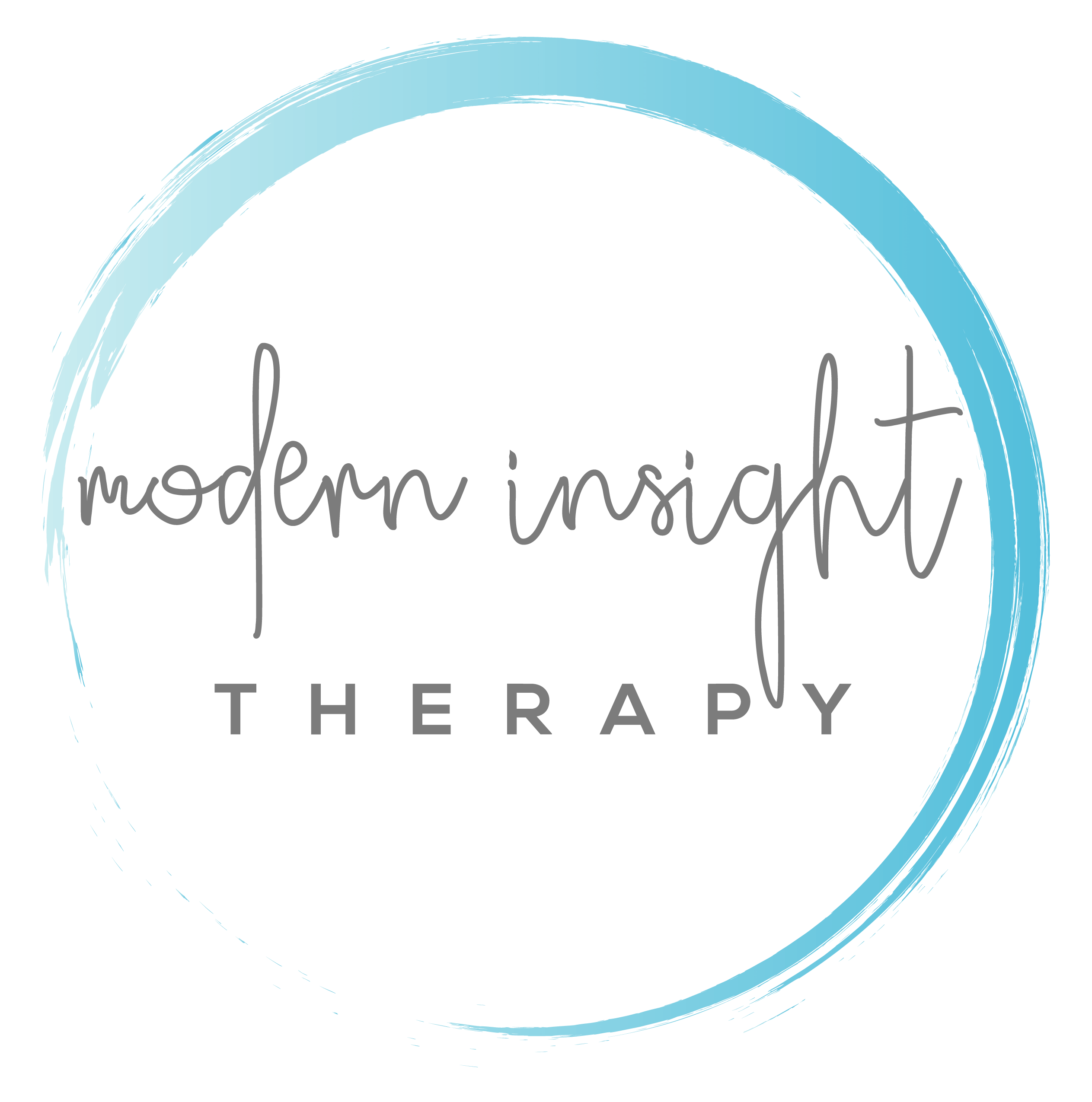Mental health isn’t one-size-fits-all—and for Black, Indigenous, and People of Color (BIPOC), the mental health journey comes with added weight.
From generational trauma to systemic oppression, BIPOC communities often face unique challenges that can go unrecognized or unsupported. This isn’t just about data—it’s about lived experience, equity, and access to care that reflects who you are.
What Does BIPOC Mental Health Mean?
BIPOC mental health refers to the emotional, psychological, and social well-being of communities that have been historically marginalized due to race, ethnicity, and culture. This includes:
-
Black and African American communities
-
Indigenous and Native populations
-
Latinx individuals
-
Asian American and Pacific Islander (AAPI) communities
-
Multiracial individuals
These groups often face overlapping layers of stress—think racism, generational trauma, cultural stigma, and systemic neglect. When you carry the weight of discrimination alongside everyday stressors, it can take a real toll on your mental health.
July is BIPOC Mental Health Month, a time to recognize and address these disparities—and spark meaningful change.
Mental Health Rates in BIPOC Communities
Let’s talk numbers. According to data from SAMHSA (Substance Abuse and Mental Health Services Administration):
-
Black Americans are 20% more likely to report serious psychological distress than white individuals.
-
Indigenous communities experience the highest rates of mental illness, suicide, and substance use.
-
Latinx individuals have lower treatment rates despite high reported levels of distress.
-
Asian Americans often underreport symptoms due to cultural stigma—yet still face serious mental health challenges.
Only 1 in 3 BIPOC individuals who need mental health support actually receive it. That’s not because they don’t want help—it’s because of cost, stigma, language barriers, and a lack of culturally competent therapists.
What Does It Mean to Be BIPOC?
The term BIPOC is more than an acronym. It acknowledges the shared and unique experiences of non-white communities, while also centering the distinct struggles of Black and Indigenous people in particular.
Examples of what different BIPOC groups may carry:
-
Black individuals: Racial profiling, police violence, and intergenerational trauma
-
Indigenous communities: Colonization, forced displacement, and cultural erasure
-
AAPI populations: Pressures of “model minority” stereotypes and stigma around seeking help
-
Latinx individuals: Language barriers, immigration stress, and family pressure
Each experience is nuanced—and therapy should reflect that.
Which Demographic Faces the Greatest Mental Health Challenges?
We’re not here to compare pain, but it’s helpful to understand where disparities are most significant:
-
Indigenous youth have the highest suicide rates of any racial or ethnic group in the U.S.
-
Black Americans report higher rates of PTSD and depression linked to systemic racism and community violence.
-
Latinx individuals often deal with untreated anxiety or depression tied to cultural or immigration-related stress—and underutilize mental health services.
-
Asian Americans may face lower reported rates, but underreporting due to stigma hides the full picture.
Every group has unique challenges—but access, awareness, and stigma are major barriers across the board.
Why Representation in Therapy Matters
Imagine talking to someone about racial trauma who doesn’t understand racism. That disconnect? It’s real—and it’s one reason many BIPOC individuals don’t stick with therapy after trying it once.
A culturally competent therapist can:
-
Validate your lived experience without minimizing or questioning it
-
Tailor strategies to your background, values, and traditions
-
Offer a safe, affirming space free of microaggressions or judgment
Representation builds trust—and trust builds healing.
Common Barriers to Mental Health Care in BIPOC Communities
Let’s name the biggest roadblocks—and how to move past them:
-
Cost: Look for sliding-scale clinics, nonprofits like The Loveland Foundation, or community mental health centers.
-
Lack of representation: Use platforms like Therapy for Black Girls, Inclusive Therapists, or Ayana Therapy.
-
Language: Seek bilingual therapists or those fluent in your preferred language.
-
Stigma: Talk to peers, faith leaders, or cultural centers offering psychoeducation to help normalize seeking support.
How to Start Therapy as a BIPOC Individual
Starting therapy can feel overwhelming—but you don’t have to do it perfectly. You just have to start. Here’s how:
-
Identify Your Needs: Are you coping with trauma, anxiety, burnout, identity struggles, or relationship stress?
-
Search for Culturally Competent Therapists: Prioritize providers who have experience working with your community.
-
Ask the Right Questions: Don’t be afraid to ask about a therapist’s cultural training, values, or experience with your background.
-
Don’t Settle: If a therapist doesn’t feel like the right fit—it’s okay to try someone new.
-
Commit to the Process: Therapy is a journey, not a quick fix. You deserve the time and space to heal at your own pace.
Advocating for BIPOC Mental Health: Why It’s Critical
Mental health in BIPOC communities has been neglected for far too long. But change starts with visibility, access, and advocacy.
This isn’t just about individual healing—it’s about collective liberation. When BIPOC mental health is prioritized, families are healthier, communities are stronger, and cycles of trauma can be broken.
Ready to Find a Therapist Who Gets It?
Whether you’re searching for a Black therapist, a Black woman therapist, or a culturally sensitive provider who understands your world—we’re here for you.
At Modern Insight Therapy, we specialize in care that honors who you are and where you come from. Our therapists are trained to work with BIPOC individuals navigating trauma, identity, and emotional overwhelm—without judgment or assumptions.
Start your mental health journey with a therapist who sees you.
Get matched with a provider at Modern Insight Therapy

